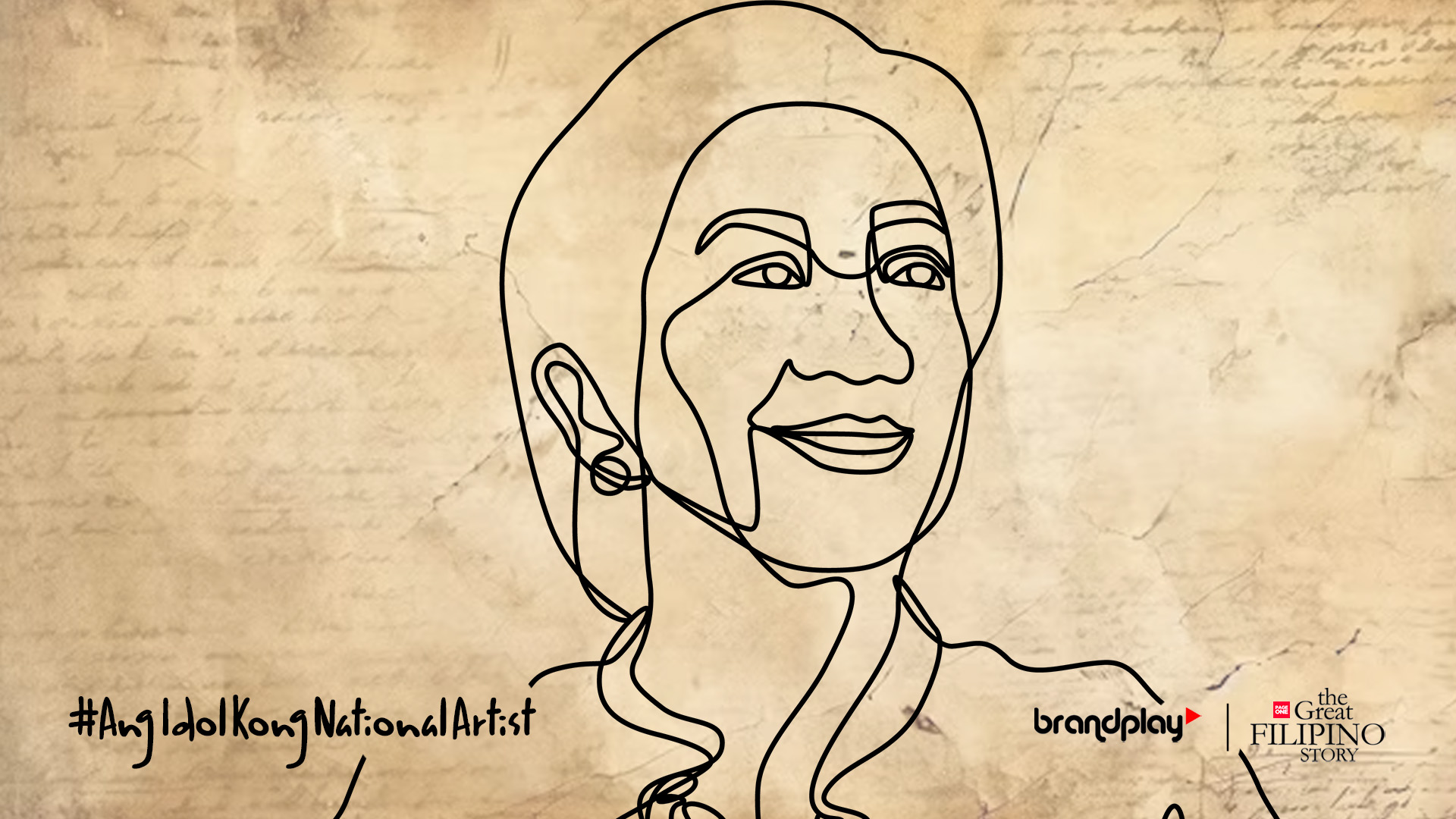
Only a few artists have received the highest award in Philippine arts, which is the National Artist award, and Alice Reyes is one of those recipients.
Alice Garcia Reyes was born on October 14, 1942, in Quezon City, Philippines to Ricardo Reyes, a dancer, and Adoracion Garcia, a coloratura soprano. Reyes’ sisters Denisa, Edna Vida, and Cecille, are also artists in the music and dancing field. She was mentored in classical ballet by Rosalia Merino Santos while she was pursuing a Bachelor of Arts degree in History and Foreign Services at Maryknoll College in Quezon City.
Reyes did not decide to end her education there; she started her postgraduate studies in international relations at Ateneo de Manila University. While pursuing a master’s degree, Reyes underwent dance training under the mentorship of Leonor Orosa Goquinco and Ricardo Cassell of the Philippine Women’s University. When Cassell left the Philippines, Reyes’ aunt Yvonne delos Reyes became her ballet teacher in the later years of her life.
In an interview with Vogue Philippines in 2023, Reyes stated, “I had parents who were both musicians and artists, I grew up in that, so I took for granted that this is what everybody did. I didn’t have to have earth-shattering discussions with myself. I just went. That was an advantage in a sense. I didn’t have any deep turmoil about it.”
In another interview with BusinessWorld in 2019, Reyes claimed that traveling around the world as a Filipino diplomat was her initial plan as to why he studied international relations. However, because she came from a musical family, her initial plan did not persist.
Reyes and her father, whom she danced with all the time, joined the Bayanihan Philippine Dance Company (now the Bayanihan Philippine National Folk Dance Company) where she was exposed to theaters from the likes of Broadway, London, and Paris. After completing her postgraduate studies in Ateneo, Reyes moved to the United States of America and, through a grant from the John D. Rockefeller III Fund, partook in educational modern dance and jazz classes at a workshop offered by the Center of Dance in Colorado Springs as a Hanya Holm scholar.
In pursuit of more formal studies, Reyes enrolled in Sarah Lawrence College in Westchester County, New York where she studied dance theory that led to her finishing her master’s degree. During that time, she trained under Bessie Schonberg, a highly influential choreographer and dancer, and other professional dancers.
When Reyes witnessed the newly-opened Cultural Center of the Philippines (CCP) Black Box Theater and its lack of programs, she gathered some of the best dancers in the country to create the Alice Reyes Dance Company and perform a modern dance concert at CCP. After it became a success, Reyes immediately established the professional classical and contemporary dance company Ballet Philippines in 1969 with the support of Eddie Elejar, a fellow dancer-choreographer to further flourish ballet in the Philippines. Through the company, Reyes established seasonal concerts and contributed to the rapid development of dance in the Philippines. Ballet Philippine also remains as the oldest ballet company in Asia.
Throughout her career, Reyes was known for borrowing elements from indigenous dance, modern dance, and classical ballet to emphasize the culture and history of the Philippines. She incorporated in her dances Filipino materials and subject matters to reflect on the more drastic and distinctive areas of the country’s heritage. These can be seen in two of her most critically-acclaimed works, “Amada” and “Itim Asu”. “Amada”, which Reyes branded as one of the first pieces ever performed by her company in 1970, portrays its namesake as a sheltered and powerless woman who eventually becomes motivated after witnessing the downfall of male servants during the Tadtarin festival. Meanwhile, “Itim Asu”, a ballet which premiered in the same year as Amada, showcases Luisa’s vengeance against the murderers of his husband Governor-General Bustamante, who is known for his frowned upon views, by a hooded mob and is set in 1719 Intramuros. These two works highlighted the historic struggles that the Philippines has been experiencing for many years with regards to the rights of women and colonial oppression.
Reyes was a recipient of numerous awards including the Gawad CCP para sa Sining and Gawad Buhay Outstanding Choreography for Dance for “Rama Hari”. Eventually, she was declared a National Artist for Dance in 2014 by President Benigno Aquino III through Proclamation No. 807 due to her immense contribution in popularizing contemporary dance, especially during her time in Ballet Philippines by producing some of her best known works that reflected Filipino heritage like “Bungkos Suite”, “Romeo and Juliet”, “Rama Hari”, and “Carmen”.
Reyes also participated in further expanding the reach of contemporary dance by establishing educational programs for aspiring dancers, teachers, and choreographers. She also spearheaded many outreach tours, school performances, and television appearances to escalate the growth of modern dance. Reyes was conferred at Malacañang Palace on April 14, 2016.


